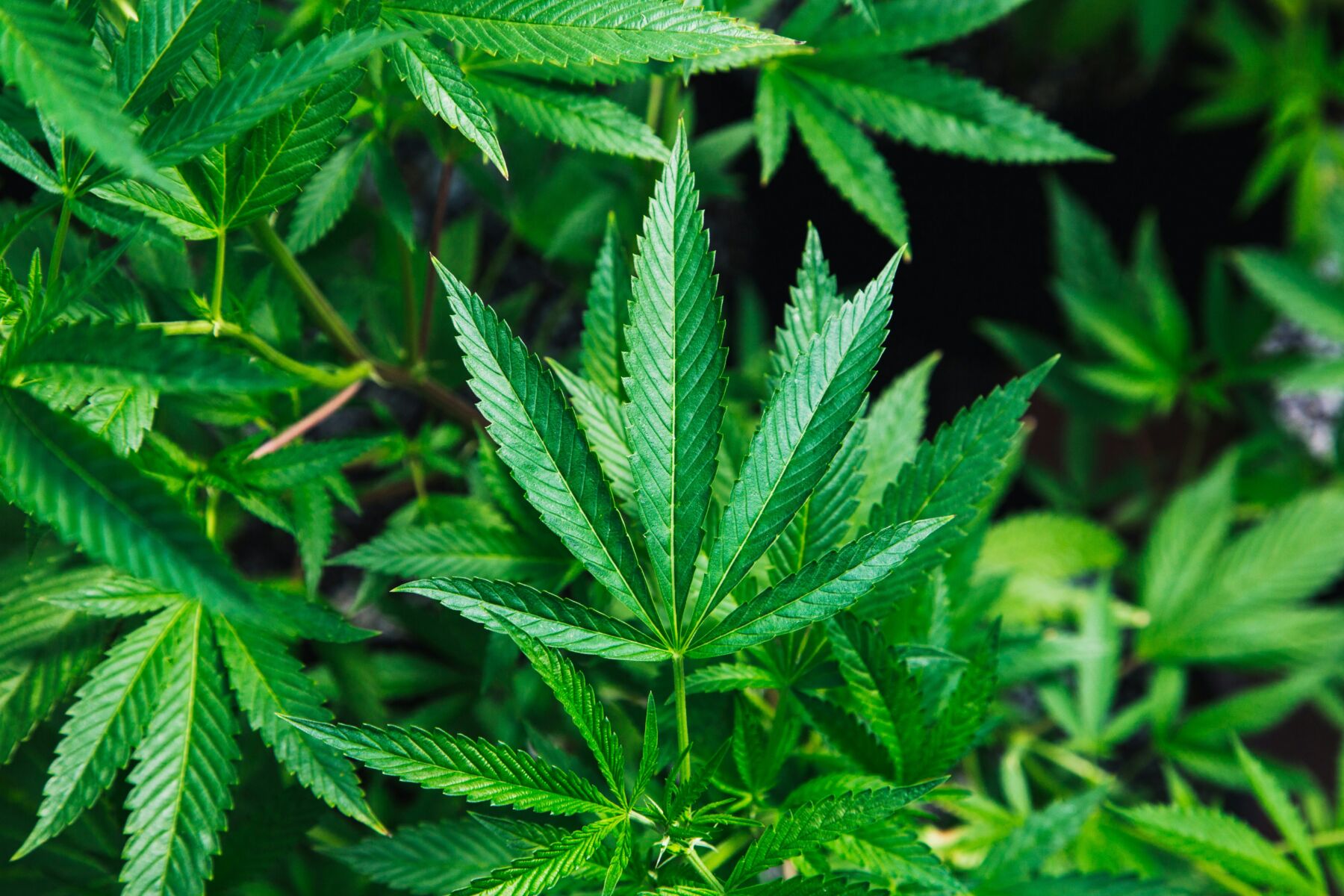Significant cannabis intake by teens in Thailand and abroad

Cannabis consumption globally has become a topic of interest with the recent rise in its use among teenagers. The changing legal status of cannabis in Thailand prompts us to query the implications on teen demographics.
We will delve into the evolution of teenage cannabis usage, not only in Thailand but also in a global context. This exploration aims to provide a broader understanding for our readers, presenting insights that inform the ongoing debates on this significant public health issue. This, in turn, will hopefully offer clear leads for individuals and organisations working to address the implications of these trends.
The scale of cannabis use among teens
Delving into the facts and figures paints an insightful picture of cannabis use among teenagers. Here, you’ll find a detailed look at cannabis trends in Thailand, as well as from a global perspective.
Trends in Thailand
Based on recent studies, a rise in cannabis consumption is evident among Thai teens. Following the legalisation of cannabis leaves in February 2021 and the whole plant in June 2022, an upward trend has been traced. Consider the statistics: initial reports showed that about 2.2% of teens indulge in cannabis. After legalisation, the figures jumped to about 3.4%.
Global perspectives
Comparing Thailand’s situation with the global scenario brings interesting insights. Based on global youth surveys, cannabis use among teens has been observed in various countries, although at different rates. Notably, the percentage of teenagers consuming cannabis varies vastly from region to region.
The global trend of increased cannabis use isn’t confined to Thailand. What’s clear is that despite differing societal values, regulations, and demographics, global trends follow a similar pattern to that of Thailand, indicating that this is a question of urgent international concern.
Remember, these are not just numbers. Behind every statistic is a teenager with potential patients, requiring attention from parents, educators, physicians, and policymakers alike.
Health implications of cannabis intake in adolescents

Cannabis, popular among teenagers in Thailand and abroad, entails notable health implications that necessitate comprehensive understanding and continued monitoring.
Psychological effects
Frequent cannabis consumption, namely by adolescents, significantly impacts cognitive functions and mental health. It’s important to note that the brain, particularly in the adolescent stage, is undergoing critical developmental changes, setting the foundation for future learning, memory, and adult behaviours. Introducing cannabis during these pivotal years can cause serious disruptions, leading to diminished cognitive abilities and altered behavioural patterns.
From a mental health perspective, cannabis usage is often linked to an increased risk of developing psychiatric disorders. Early cannabis initiation has been associated with a higher likelihood of developing schizophrenia, depression, and anxiety disorders, especially in individuals with a predisposed genetic vulnerability. Cannabis dependence is another area of concern as it can lead to various life disruptions, including school dropouts and decreased work performance.
Physical health concerns
Adolescent cannabis intake isn’t without physical health concerns. Although some argue the plant’s medicinal properties may be beneficial, there are more potential risks than benefits for teens. Chronic cannabis consumption at a young age can lead to harmful outcomes, including respiratory diseases, impaired motor skills, and the risk of injuries due to impaired judgment.

Additionally, prolonged use of cannabis has been linked to adverse effects on cardiovascular health, potentially leading to hypertension and even heart attacks. Adolescent users, specifically heavy users, may experience withdrawal symptoms, including sleep disruptions, decreased appetite, and mood swings, whilst trying to quit cannabis.
Recognising and understanding these health implications empowers parents, educators, medical professionals, and policymakers in Thailand and globally, to make informed decisions around cannabis regulations and interventions. The rise in cannabis consumption among teenagers underscores the urgency of the situation and the dire need for swift attention and action.
Legal and ethical considerations
Understandably, the trending cannabis use among teenagers can’t be discussed without shedding light on the legal and ethical context enveloping the phenomenon. Accordingly, this section uncovers the main aspects of Thai and international cannabis laws as they relate to teens.
Thai cannabis laws and teenagers
Delving into the Thai context, one discovers a pivotal shift in cannabis regulatory frameworks. Thailand, becoming the first Asian nation to legalise medical cannabis, sparked debates regarding marijuana use among the teenage demographic. It’s significant to comprehend that while medical cannabis is legal, recreational use is not, especially in the case of teenagers.
Following the legalisation, comprehensive education and awareness programs for teenagers became an immediate requirement. These programs aim to inform them about the risks associated with cannabis use effectively. They also underscore the urgent need for accurate information and practical understanding among teenagers, to protect their mental, psychological, and physical health. Understanding the thin line between legal use and misuse of cannabis crucially underlines the framework of Thai cannabis laws.
International legal frameworks
Moving beyond the borders of Thailand, you’d encounter various international legal frameworks that exhibit a vast range of restrictions and permissions around cannabis use. Countries such as the Netherlands, Uruguay, and several states in the USA have legalized marijuana for recreational purposes.
In contrast, numerous regions are still treading cautiously when it comes to cannabis use. Stricter enforcement of cannabis laws or maintaining it as a controlled substance can be seen in countries matching this profile. Irrespective of the existing legislation, each country faces a shared concern for its consequences on the health and behaviour of teenagers.
Prevention and education strategies

Role of schools and parents
Schools and parents hold key positions in implementing these strategies. As primary educators, schools possess the reach and resources to comprehensively disseminate information about the consequences of cannabis use across a vast number of teenagers. On the other hand, parents serve as personal pillars of guidance. Utilise the rich parent-child bond to evoke an understanding of the potential risks tied to cannabis consumption.
Their collective role could involve:
- Incorporating factual, comprehensive, and non-judgmental lectures about cannabis use as part of the standard school curriculum.
- Conducting regular, confidential, and non-invasive drug screenings to identify and aid at-risk students.
- Encouraging open and honest discussions at home about the potential risks associated with teenage cannabis use.
- Providing resources and guidance to parents to assist them in discussing cannabis with their teenagers.
Public awareness campaigns
Public awareness campaigns are another substantial part of prevention strategies. These campaigns reach beyond the boundaries of the school system, educating a broader audience and dispelling popular misconceptions about cannabis use. The focus must lie in:
- Crafting clear, convincing, and relatable messages about the potential risks—both legal and health-related—of teen cannabis use.
- Utilising various platforms, including digital media and in-person events, to engage a diverse demographic of audiences.
- Scrutinising public perceptions through regular surveys and adjusting the campaign strategies as needed.
While cannabis legalization in places like Thailand changes societal perceptions, adolescents must not be left unprepared. A coordinated effort between schools, parents, and public campaigns can ensure teenagers in Thailand and worldwide are better informed and prepared to handle the realities of cannabis use.
You can also check out signs you are taking too much cannabis, our body’s got its way of whispering. So getting a grip on your consumption habits isn’t merely about self-realisation—it’s also about securing the best medical care possible. Let’s leap right into this fascinating topic and arm you with all the knowledge you need.
Latest Thailand News
Follow The Thaiger on Google News:


























